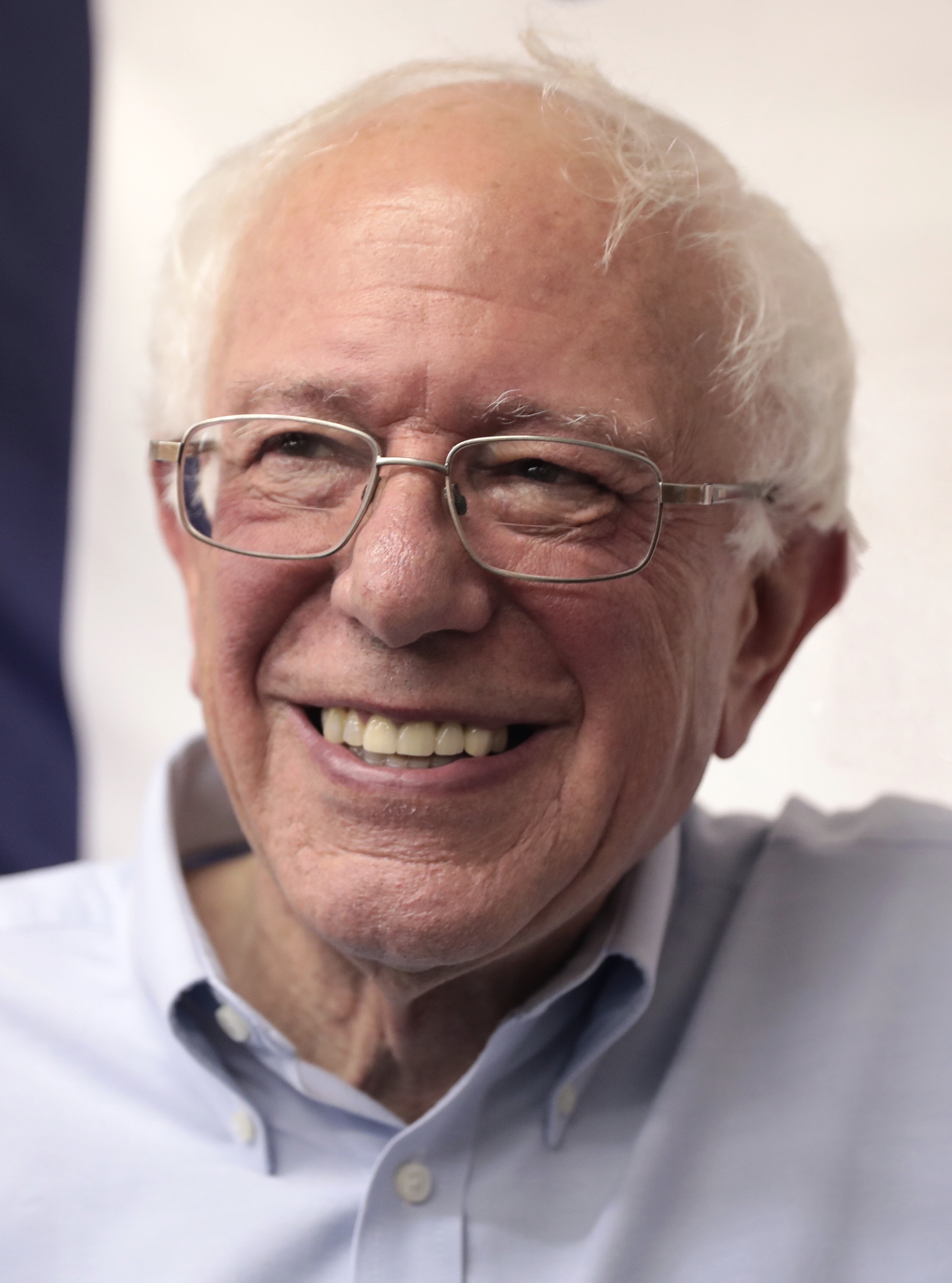
After embarrassing showings in Iowa and New Hampshire, former Vice President Joe Biden’s campaign was left for dead by many in the establishment.
But after Sen. Elizabeth Warren, D-Mass., destroyed New York City Mayor Michael Bloomberg in the debates, and South Bend Mayor Pete Buttigieg failed to build on his momentum from strong performances in Iowa and New Hampshire, Biden found himself once again the favorite of the establishment.
Biden’s comeback victory in South Carolina set off a domino effect, which began when Buttigieg pulled out of the primaries and endorsed Biden. Within 24 hours, Sen. Amy Klobuchar, D-Minnesota, and former candidate Beto O’Rourke followed in Buttigieg’s footsteps and endorsed Biden ahead of Super Tuesday. His strong showing — and Bloomberg’s subsequent withdrawal on Wednesday — now makes it a two-horse race between Biden and Sen. Bernie Sanders, I-Vermont.
So what led to this sudden rush to endorse Biden? What compelled Buttigieg, Klobuchar, and Bloomberg to collectively throw in the towel so early and support a man who they all took turns attacking in the past?
The answer is simple: to prevent Bernie Sanders from winning the nomination.
It seems as if the Democrats are repeating the mistakes they made in the 1968 election.
In August of 1968, the Democratic Party convened for their national convention in Chicago to nominate their candidate for the presidency. This was no typical political convention. Rather than three days of celebration and excitement, the American people witnessed on their televisions a civil war between the party’s bosses and protesters opposing the Vietnam War.
The eventual Democratic nominee Hubert Humphrey would campaign tirelessly to convince voters he would end the war, attempting to cobble together a winning coalition to defeat Richard Nixon. While popular among Republicans, Democrats and the media loathed Nixon. If anyone could seemingly unite the Democrats in opposition to their candidacy and turn out the vote, it would be Nixon.
But Humphrey’s best efforts could not overcome the divisions and damage done to the Democratic Party during the primary process. 1968 was a missed opportunity for Democrats.
Sanders is not beloved by Democrats in Washington D.C. He has always registered as an independent outside of his two presidential campaigns. Sanders has an acrimonious relationship with the party’s donors and leadership. His socialist views are highly unpopular among white, suburban women — a key demographic in the Democratic Party’s 2018 midterm victories.
It is clear that Democrats are just as committed to preventing Sanders from winning the nomination in 2020 as they were in 2016.
That being said, the establishment has not done itself any favors in regards to their treatment of Sanders. Whether it be Donna Brazile of CNN passing on debate questions to the Clinton campaign in 2016, Wikileaks disclosing possible corruption in the nominating process, or the controversy over superdelegates, the Sanders camp feels cheated out of their fair shot at the nomination.
While avoiding a Sanders ticket may be a wise choice, the alternative of angering and isolating the Sanders base could prove equally damaging for the Democratic Party’s chances in November.
In 2016, a staggering 12% of Sanders supporters switched their allegiance to Trump instead of backing Hillary in the general election. That 12% of voters cost then-candidate Hillary Clinton the vital states of Wisconsin, Michigan, and Pennslyania — and ultimately the presidency.
Since the 2016 campaign, the animosity appears to have only grown worse. A recent National Emerson College Poll revealed that only 53% of Sanders supporters would commit to backing a Democratic nominee other than their preferred choice. This poll was followed by Rep. Rashida Tlaib, D-Detroit, leading a chorus of boos against Clinton for her criticism of Sanders. Though Tlaib would go on to apologize for jeering Clinton, her actions reflect growing resentment towards the party’s old guard.
The last thing Democrats can afford is a repeat of 1968. But with the way this election cycle is trending, one should not be surprised if they see significant protests in Milwaukee when the Democratic National Convention rolls into town.
The Democratic race may come to two candidates. The great divide between Biden and Sanders on ideology reflects the deeper chasm of animosity splitting the progressive wing and the establishment.
If Democrats hope to defeat the Nixon of this era — that is, President Donald Trump — they have to reconcile the distrust.
Matt Fisher is a senior studying political economy.

